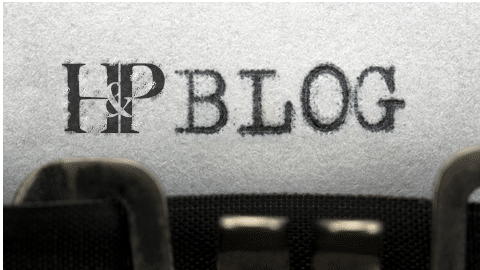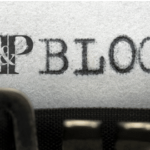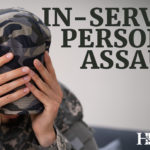The New York Times reported recently that troops in Afghanistan were instructed to ignore the widespread abuse of boys. The practice, known as “Bacha bazi,” is extremely common in Afghanistan, and is alleged to be unofficially condoned by the U.S. Military. The practice of Bacha bazi has been practiced in the region for millennia, though there are certainly many locals who abhor the practice. Ironically, the Taliban did NOT allow the practice, and it was only after U.S. forces drove the Taliban out that the practice again became common.
Former Special Forces Captain Dan Quinn was forced out of the military after he assaulted an American-backed militia leader who was keeping a young boy chained to his bed for use as a sexual slave.
In 2012, only three days from returning home, Lance Corporal Greg Buckley was shot to death in the base gym. The assassin was an Afghan teenager who was a “tea boy,” one of the sexual slaves used by Afghani police and military personnel. Days earlier, he had called his father. “At night we can hear them screaming, but we’re not allowed to do anything about it,” Buckley said, also telling his father he felt an attack from within was coming from the Afghans stationed at the base. Buckley’s family is currently embroiled in a lawsuit to force the government to reveal details about his death, and suspects his death was related to Bacha bazi.
The witnessing of sexual violence and other human rights violations is nothing new for U.S. service members. During Vietnam, Korea, and WWII, U.S. Troops have witness sexual assaults and other episodes of interpersonal violence as a matter of course.
We’ve written on the staggering frequency of Military Sexual Trauma in the military, but are we about to see a new explosion of sexual assault-related PTSD where the PTSD sufferer is not the victim, but a witness? Can a veteran who witnessed a sexual assault, but was not a victim of sexual assault be service-connected for PTSD?
PTSD can certainly result from witnessing sexual trauma, especially when one feels a moral obligation to help the victim, but is unable or not allowed to do so. U.S. Soldiers in Afghanistan often have strong moral beliefs as to why they are fighting, and who they are as a moral person. I’ve written before about moral injury, “an act of serious transgression that leads to serious inner conflict because the experience is at odds with core ethical and moral beliefs,” and these soldiers in Afghanistan have certainly experienced this. In our culture, rape of children and sexual slavery is abhorrent, and even the thought elicits feelings of moral outrage and disgust. To the troops, listening to the cries of boys being raped as they were sleeping, yet unable to save them due to their military orders, it must have felt like they were being torn in half. One part of them knew that there was evil taking place nearby, evil that they could bring to an end, but at the same time, they were soldiers, and devoted to their duty and chain of command. And in troops with a history of sexual abuse, it must have been a nightmare.
We will have to wait and see how many U.S. Service members were affected by this practice and the military’s orders, as well as wait and see if the military and Government release any pertinent information in the Buckley case. But one thing is very clear: PTSD is not only a disorder that results from events on the battlefield.




